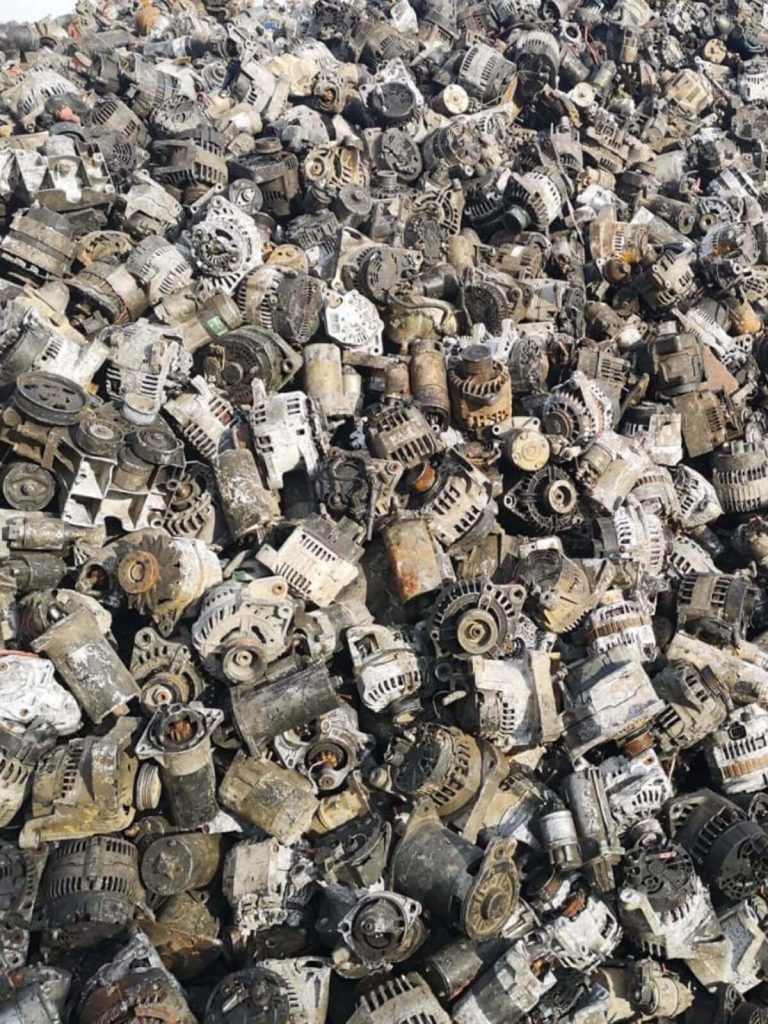Alternator scrap, a consequence of automotive recycling, represents a valuable supply of fresh product that has equally financial and environmental significance. Alternators, important parts in vehicle electrical methods, contain various materials, including copper, aluminum, and metal, making them lucrative goals for recycling. The procedure of recycling alternator scrap not merely plays a role in sustainable reference management but also presents economic benefits through the recovery of valuable metals.
Among the principal materials present in alternator scrap is copper, a highly sought-after substance in the recycling market because of its conductivity and versatility. Recycling copper from alternators reduces the requirement for mining and extraction, minimizing the environmental impact related with these processes. The recovered copper could be repurposed for various applications, like the production of new electric parts, thus shutting the hook on the material life cycle.
Aluminum is still another useful metal present in alternator scrap. Recycling metal requires significantly less power than extracting it from organic ore, making the recycling process more energy-efficient and environmentally friendly. Recovered aluminum from alternator scrap can be utilized in the manufacturing of new automotive components, structure resources, and other customer goods.
Metal is really a popular component in the property and architectural components of alternators. While metal is one of the very recycled resources internationally, removing it from alternator scrap helps reduce the demand for new material creation, eventually reducing power use and greenhouse fuel emissions related to material manufacturing.
The economic value of alternator scrap is evident in the thriving scrap material industry. Scrap yards and recycling features buy alternator scrap from various options, including automotive repair shops, junkyards, and individuals. That generates a revenue supply for anyone mixed up in selection and purchase of alternator scrap, adding to local economies and fostering a more sustainable way of resource management.
Beyond the financial benefits, recycling alternator scrap plays a crucial position in spend reduction and environmental conservation. Discarded alternators that end up in landfills subscribe to electronic waste, posing environmental hazards because of the possible discharge of hazardous substances. Recycling ensures why these components are responsibly handled, avoiding environmental contamination and marketing the round economy.
To maximize the recovery of important metals from alternator scrap, sophisticated recycling technologies are employed. These systems require techniques such as for instance shredding, working, and melting to separate your lives and acquire various metals efficiently. The usage of alternator scrap recycling strategies enhances the efficiency of alternator scrap recycling operations, creating them more environmentally sustainable.

In conclusion, alternator scrap represents an invaluable reference with financial and environmental benefits. The recycling of alternator scrap plays a role in the conservation of valuable materials, reduces environmentally friendly impact of steel removal, and fosters a sustainable approach to resource management. As the automotive business remains to evolve, the responsible recycling of alternator scrap represents an essential role in creating a more rounded and eco-friendly economy.
